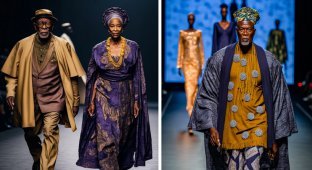Ice on the sidewalks, hypocrisy and discrimination: life in Japan from the inside through the eyes of foreigners (8 photos)
Living in Japan seems like a dream come true for many. The country is characterized by clean streets, respect for traditions, safety, and order. 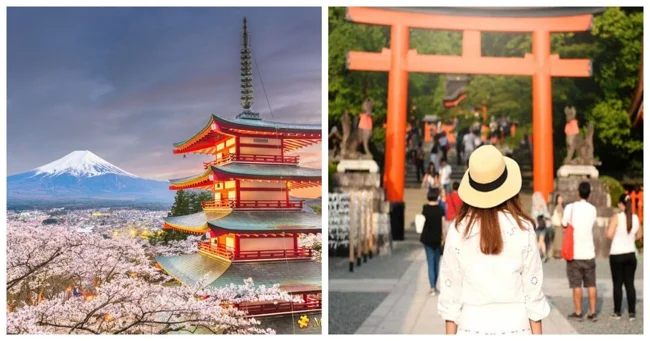
But behind the glossy, generally accepted image, there are subtle difficulties that those who decide to stay here for a long time face. The Land of the Rising Sun is not only high-tech robots and sushi. It is also icy sidewalks, pressure to conform, and deep-rooted chauvinism. Foreigners who have lived in the country for years openly shared on Reddit the hidden and obvious downsides of living in this country.
1. "Always Say Yes" in Japanese 
- I work with Japanese businessmen and I can tell you that no one will ever argue with you at a meeting. Even if you offer them obvious nonsense. Even if your idea can ruin their business. They will still nod their heads and remain silent.
If you are going to a meeting with 30 people, you need to have at least 30 individual conversations beforehand so that at least someone will tell you their sincere opinion. And most importantly, you can't say that you have already discussed this with others. It is worth mentioning that such and such said such and such, and the person immediately closes up. Silence like a partisan.
They are afraid of confrontation. They are literally afraid to express disagreement. Interestingly, some companies even have a special position - "loud American". His job is to come to meetings and loudly object. Such employees are asked to politely but persistently interrupt long discussions and help make specific decisions.
2. Almost complete lack of deep connections 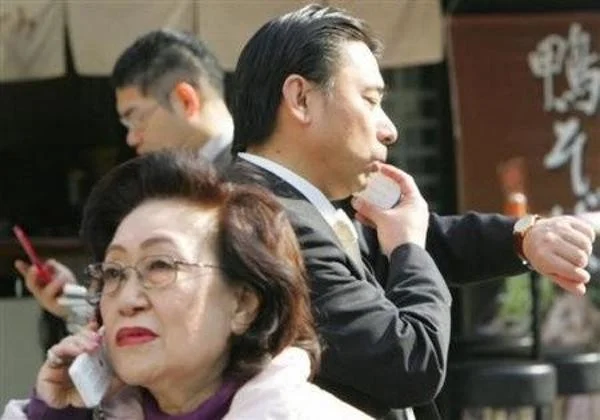
- I have lived in Japan for 12 years and I know that real, deep relationships are difficult to achieve here.
People don't ask direct questions so as not to invade personal space. This sounds nice, but it has a downside: most relationships remain superficial.
Also, it's rare for anyone to visit each other at home. All meetings are planned well in advance, they are more like a special occasion than a spontaneous visit. No improvisation.
The lack of deep connections that allow you to really get to know people is hard. People there are good at pretending and hiding their true selves.
3. Politeness is just a mask 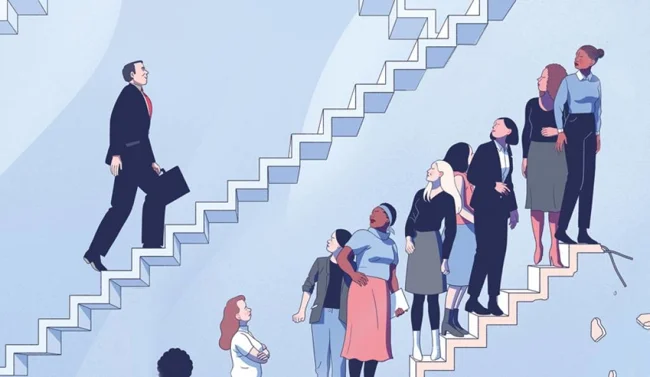
- The Japanese are generally very polite, kind, respectful and open to other cultures. Tourists there feel safe and cared for.
But underneath this mask of politeness are deep-rooted problems: sexism, racism and ageism. They don't show up every day, but if you live there long enough, you'll definitely notice them.
In Japan, it's customary to serve tea to guests. And it should be a woman who does it, no matter what authority she has in the company. I was in an office where the head of the department was a woman and all her employees were men. She made and served tea. The only time a man brought me tea was when there were no women in the office at all.
Racism most often manifests itself in the form of curiosity: you can be photographed on the subway or surprised that you can eat with chopsticks. It is not always unpleasant, but it is tiring. But try to get a driver's license, open a bank account, get a job or buy a car as a foreigner - and you will encounter open inequality.
4. Not the most humane court in the world 
- In Japan, basic civil rights are poorly protected. People are discriminated against because of their disabilities, both at work and in choosing medical services.
If you find yourself in court, know that it almost never makes decisions in favor of one side. Instead, they will try to force you to agree, even if the outcome is clearly predetermined and obvious. If you are accused of a crime, you will almost certainly be convicted. But not all cases go to court: if the police or the prosecutor do not want to risk not being in that tiny percentage (since almost all end in a guilty verdict), then the criminal will remain free.
5. A real-life example: my Vietnamese friend 
- One of my friends was born in Vietnam, but grew up in California. He got a job in Japan. However, the locals treated him as just another migrant worker, just like most Vietnamese in the country.
Japanese was his third language. He spoke it quite well and dressed like a Californian skater. But at the same time, he was refused service in restaurants, not allowed into stores, and insulting nicknames were thrown at him. "Trash that came by boat" is the literal translation of the curse used by the Japanese in relation to labor migrants from Vietnam.
Then he began to dress in expensive suits and speak only English, exploiting the image of an American. But one old woman still suspected something was wrong and asked him: "Who taught a fool like you English?"
6. Second-class Japanese 
- Most ethnic Japanese are fair-skinned. But the Okinawans are an exception, as their skin is darker due to the island's more southern location.
Okinawans are considered a separate ethnic group with their own language and culture. In the past, they were conquered and subjugated by the Japanese.
Interestingly, even among the Japanese, there is discrimination based on skin color: darker skin is considered less attractive, as well as a symbol of low birth and lack of education.
Although we often think of Japan as an ethnically homogeneous country, there are also forms of segregation and prejudice within it.
7. They don't plow the roads in winter 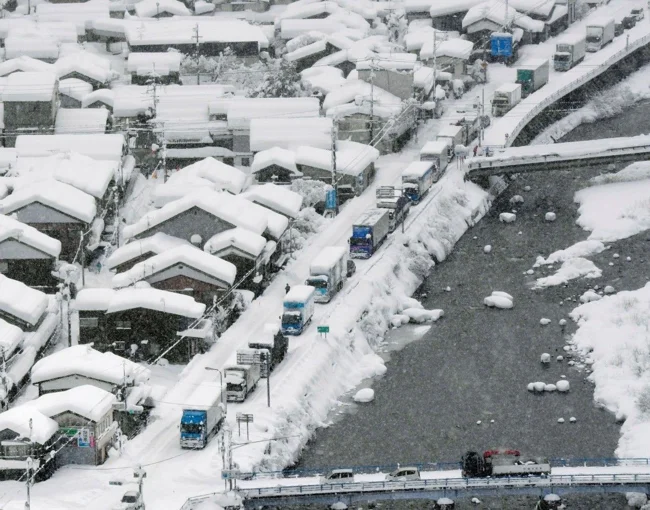
- There's another problem that almost no one talks аbout: they don't plow the sidewalks and roads in winter.
I didn't have a car, I rode my bike and walked. The first freeze-thaw cycle turned everything into hell: a thick layer of ice covered the town where I lived. It was impossible to walk down the street.
I was riding in a taxi in Sapporo once and was talking to the driver about how slippery the roads were. He assured me it was safe. A second later he lost control at an intersection. He was lucky that time, he didn't hit anyone.
But seriously, why don't they clean the sidewalks, especially with so many elderly people who can easily break bones if they fall? I still don't understand the logic.













